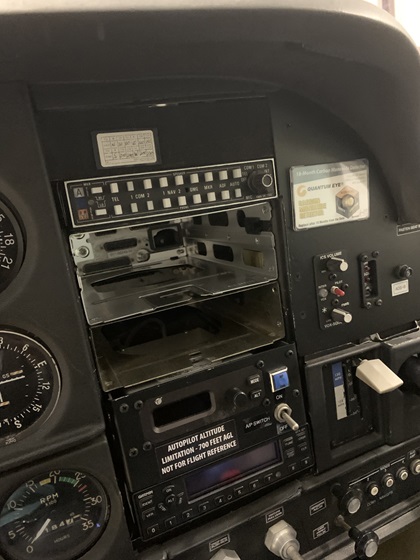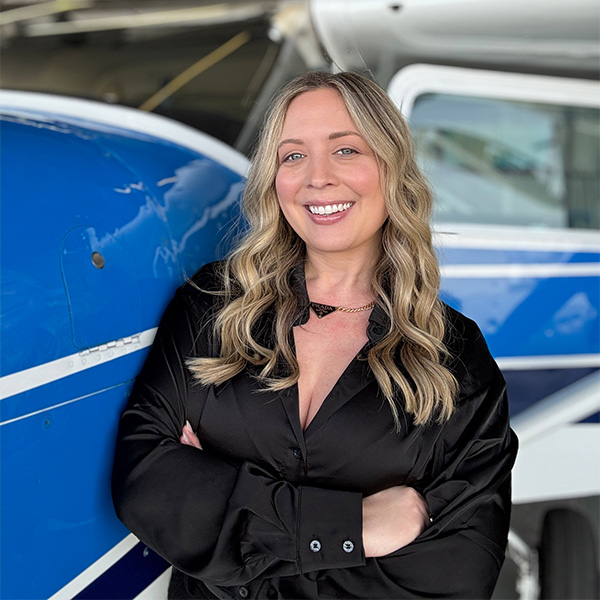If you see something, say something
Recent aircraft break-ins, avionics thefts highlight value of awareness
Four aircraft parked at airports in South Carolina and Virginia were temporarily grounded after thieves broke in and stole avionics worth thousands of dollars between January 22 and February 10.
Aircraft owner and pilot Mike Christensen of Front Royal, Virginia, reported to AOPA that three aircraft, including his Cessna Cardinal, were broken into and had the avionics stolen while parked on the transient parking line at Charleston Executive Airport in South Carolina on February 9. A Garmin 650, and a BendixKing KX155 NavCom radio were stolen from Christensen’s aircraft, as well as Garmin navigation units and radios (brands not specified) from the neighboring Piper Arrow and Cessna 172.

The break-in also resulted in airframe damage to Christensen’s aircraft that included a bent window, forced entry into the pilot, co-pilot, and baggage compartment doors, and damaged door latches. The Cardinal’s oil port door was also opened, and the dipstick was unthreaded. Concerned with possible oil contamination, Christensen had his oil changed and oil filter sent out for forensic analysis.
The Charleston International Airport Police responded, and Christensen said Officer J. Ross performed “a very thorough investigation, she brought in the Charleston City Police and Crime Lab who took fingerprints on all three aircraft. She and a detective colleague are reviewing airport auto video, and line videos.” Christensen also notified his insurance company and said they’ve been “very cooperative and helpful.”
Garmin was also contacted and agreed to put the stolen Garmin GTN 650 on its watch list should the unit appear in its database or request a software update.
Airport Enterprise Director Dave Darrah described additional measures in a February 19 email, including the addition of airport security as an agenda item for an upcoming airport town hall event that had been scheduled previously. The local repair shops have been advised to take a photo inventory of all aircraft coming in for maintenance immediately upon acceptance by the shops. Darrah said the detective investigating the case is reviewing security camera footage.
This recent influx of aircraft break-ins is a stark reminder to all pilots to be vigilant about activities on the airport that may appear suspicious and report any suspicious activity to local police, airport operations, and AOPA’s Airport Watch hotline: 1-866-GA-SECURE (1-866-427-3287).
Pilots are also reminded to document all avionics upgrades or changes and make sure that their aircraft insurance is up to date. Aircraft theft (either the entire aircraft or components such as avionics) is typically covered by aviation insurance policies, though coverage limits can vary. Sadly, it is not a new problem. AOPA compiled an advisory on the topic in 1999 and another related to insurance coverage and recommended procedures in 2010.




